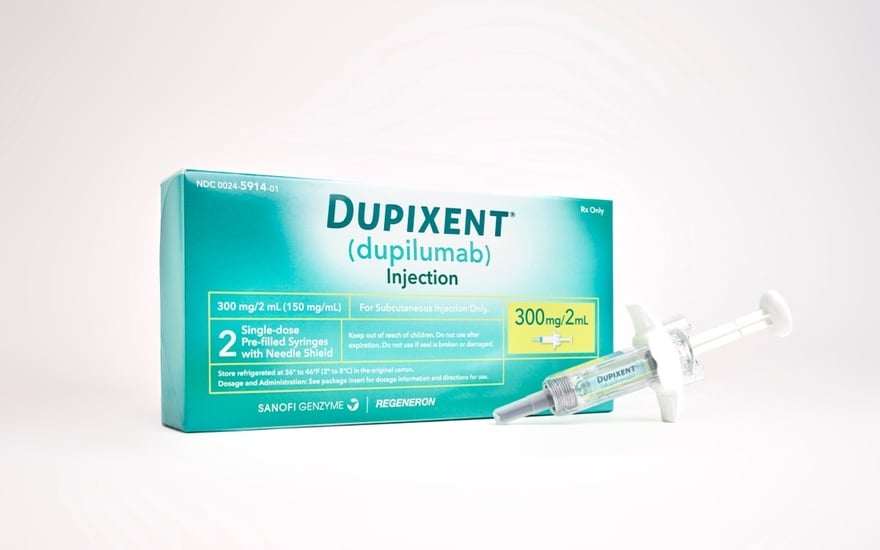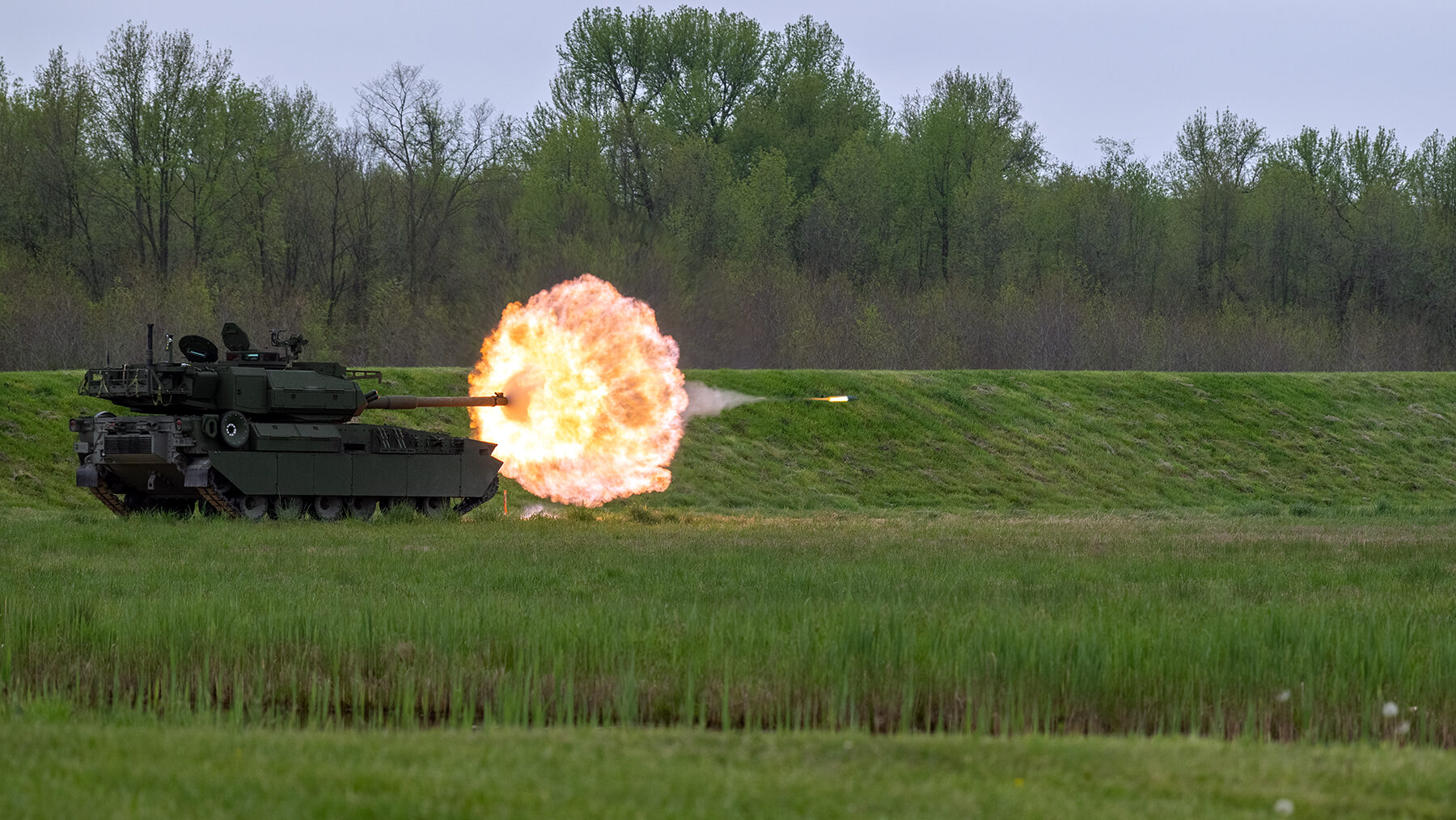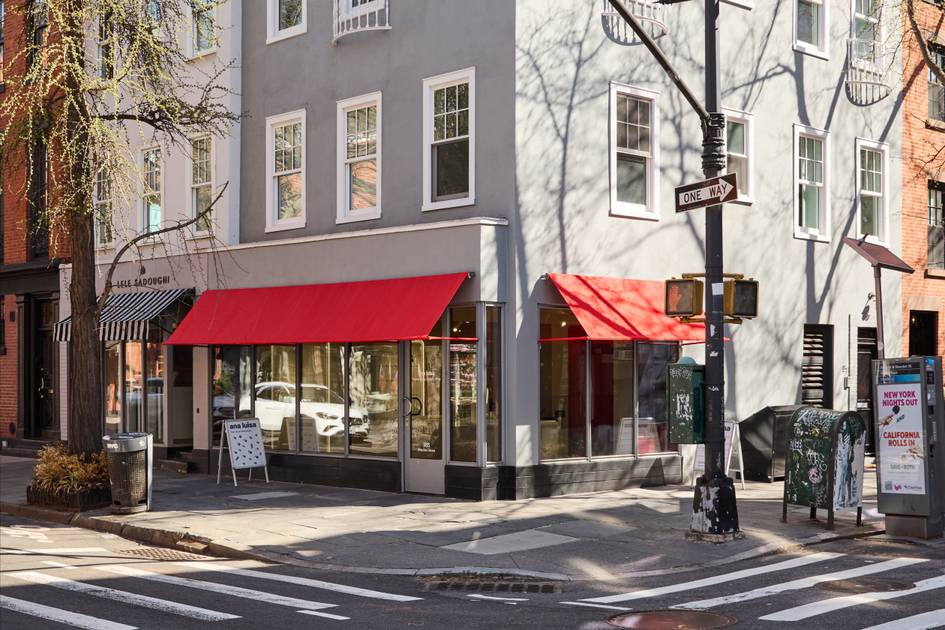Caspase 3 and caspase 7 promote cytoprotective autophagy and the DNA damage response during non-lethal stress conditions in human breast cancer cells
by Gayathri Samarasekera, Nancy E. Go, Courtney Choutka, Jing Xu, Yuka Takemon, Jennifer Chan, Michelle Chan, Shivani Perera, Samuel Aparicio, Gregg B. Morin, Marco A. Marra, Suganthi Chittaranjan, Sharon M. Gorski Cell stress adaptation plays a key role in normal development and in various diseases including cancer. Caspases are activated in response to cell stress, and growing evidence supports their function in non-apoptotic cellular processes. A role for effector caspases in promoting stress-induced cytoprotective autophagy was demonstrated in Drosophila, but has not been explored in the context of human cells. We found a functionally conserved role for effector caspase 3 (CASP3) and caspase 7 (CASP7) in promoting starvation or proteasome inhibition-induced cytoprotective autophagy in human breast cancer cells. The loss of CASP3 and CASP7 resulted in an increase in PARP1 cleavage, reduction in LC3B and ATG7 transcript levels, and a reduction in H2AX phosphorylation, consistent with a block in autophagy and DNA damage-induced stress response pathways. Surprisingly, in non-lethal cell stress conditions, CASP7 underwent non-canonical processing at two calpain cleavage sites flanking a PARP1 exosite, resulting in stable CASP7-p29/p30 fragments. Expression of CASP7-p29/p30 fragment(s) could rescue H2AX phosphorylation in the CASP3 and CASP7 double knockout background. Strikingly, yet consistent with these phenotypes, the loss of CASP3 and CASP7 exhibited synthetic lethality with BRCA1 loss. These findings support a role for human caspases in stress adaptation through PARP1 modulation and reveal new therapeutic avenues for investigation.
by Gayathri Samarasekera, Nancy E. Go, Courtney Choutka, Jing Xu, Yuka Takemon, Jennifer Chan, Michelle Chan, Shivani Perera, Samuel Aparicio, Gregg B. Morin, Marco A. Marra, Suganthi Chittaranjan, Sharon M. Gorski Cell stress adaptation plays a key role in normal development and in various diseases including cancer. Caspases are activated in response to cell stress, and growing evidence supports their function in non-apoptotic cellular processes. A role for effector caspases in promoting stress-induced cytoprotective autophagy was demonstrated in Drosophila, but has not been explored in the context of human cells. We found a functionally conserved role for effector caspase 3 (CASP3) and caspase 7 (CASP7) in promoting starvation or proteasome inhibition-induced cytoprotective autophagy in human breast cancer cells. The loss of CASP3 and CASP7 resulted in an increase in PARP1 cleavage, reduction in LC3B and ATG7 transcript levels, and a reduction in H2AX phosphorylation, consistent with a block in autophagy and DNA damage-induced stress response pathways. Surprisingly, in non-lethal cell stress conditions, CASP7 underwent non-canonical processing at two calpain cleavage sites flanking a PARP1 exosite, resulting in stable CASP7-p29/p30 fragments. Expression of CASP7-p29/p30 fragment(s) could rescue H2AX phosphorylation in the CASP3 and CASP7 double knockout background. Strikingly, yet consistent with these phenotypes, the loss of CASP3 and CASP7 exhibited synthetic lethality with BRCA1 loss. These findings support a role for human caspases in stress adaptation through PARP1 modulation and reveal new therapeutic avenues for investigation.







































































































































































